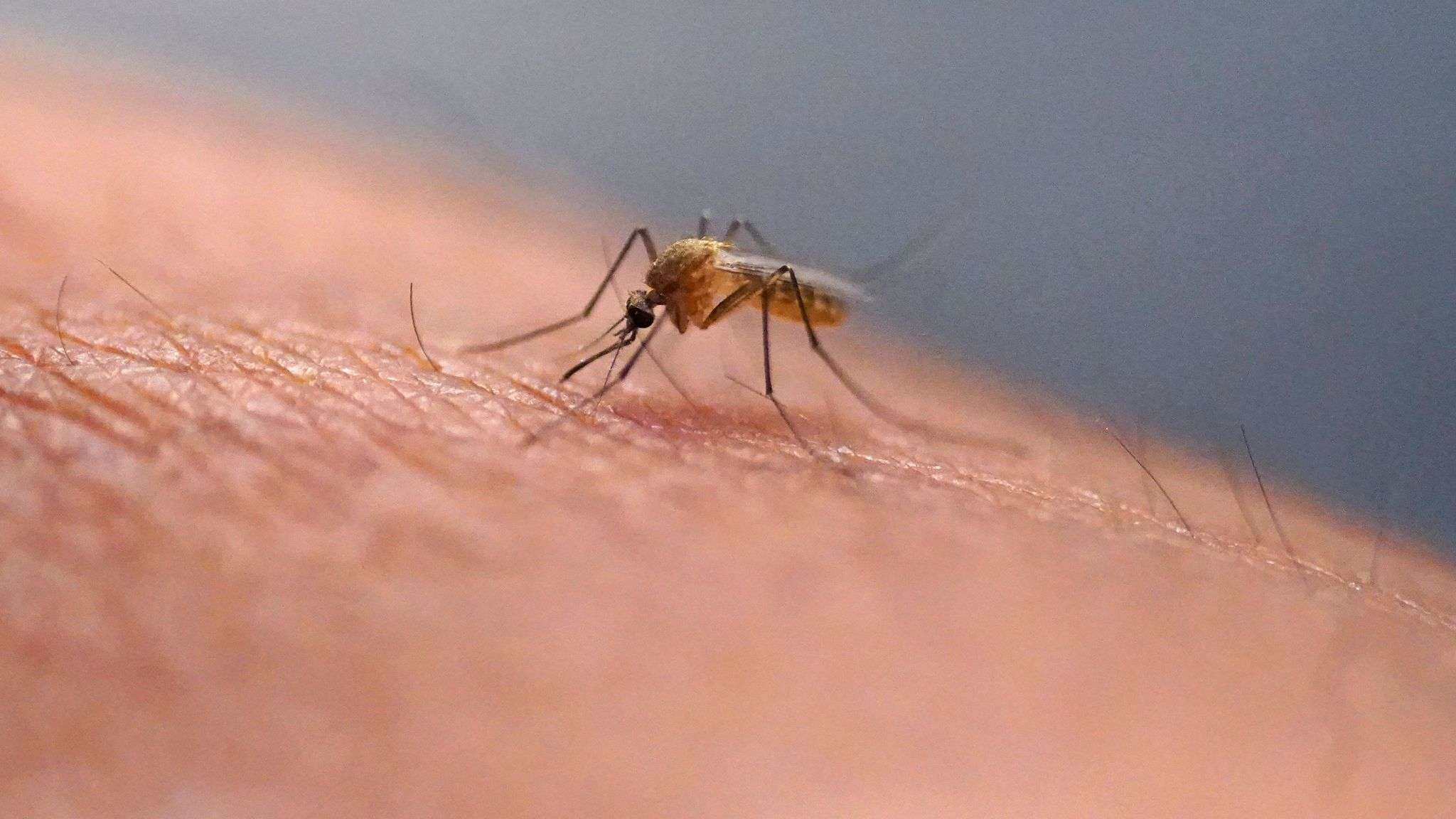In recent years, Europe has been experiencing a troubling trend: an increase in cases of Dengue fever, a mosquito-borne viral infection traditionally associated with tropical and subtropical regions. This rise is closely linked to the spread of the Aedes mosquito species, particularly Aedes albopictus, also known as the tiger mosquito.
The tiger mosquito is notorious for its ability to transmit not only Dengue fever but also other diseases such as Zika virus and Chikungunya. Originally native to Southeast Asia, this species has expanded its range dramatically due to globalization and climate change. Warmer temperatures and changing precipitation patterns have created more favorable conditions for the tiger mosquito to thrive and reproduce in regions previously considered too cool for its survival.
The implications of this expansion are significant. As tiger mosquitoes establish themselves in new areas across Europe, they bring with them the potential for outbreaks of Dengue fever and other diseases. Unlike malaria, which is transmitted by Anopheles mosquitoes and has been largely eradicated from Europe, Dengue fever is proving to be a more elusive adversary. There is currently no specific treatment for Dengue fever, and prevention primarily relies on controlling mosquito populations and avoiding mosquito bites.
Efforts to control tiger mosquito populations include public health campaigns, mosquito surveillance programs, and community involvement in eliminating breeding sites such as standing water in containers. However, these measures are challenging to implement consistently across urban and suburban areas where the tiger mosquito tends to proliferate.
The situation is further complicated by the fact that Dengue fever is often asymptomatic or causes mild symptoms in many cases, making it difficult to detect and monitor outbreaks effectively. Severe cases, however, can lead to life-threatening complications such as hemorrhagic fever or shock syndrome, particularly in children and the elderly.
The rise in Dengue fever cases in Europe serves as a stark reminder of the far-reaching impacts of climate change on public health. It underscores the interconnectedness of global ecosystems and the urgent need for coordinated action to mitigate and adapt to these changes. Addressing the spread of tiger mosquitoes and the diseases they carry requires international collaboration, innovative research into mosquito control methods, and sustained efforts to raise awareness and educate communities about preventive measures.
In conclusion, as climate change continues to reshape the distribution of vector-borne diseases, including Dengue fever, vigilance and proactive measures are essential. Europe’s experience with the tiger mosquito and Dengue fever highlights the importance of adapting public health strategies to address emerging threats in a rapidly changing world.






































